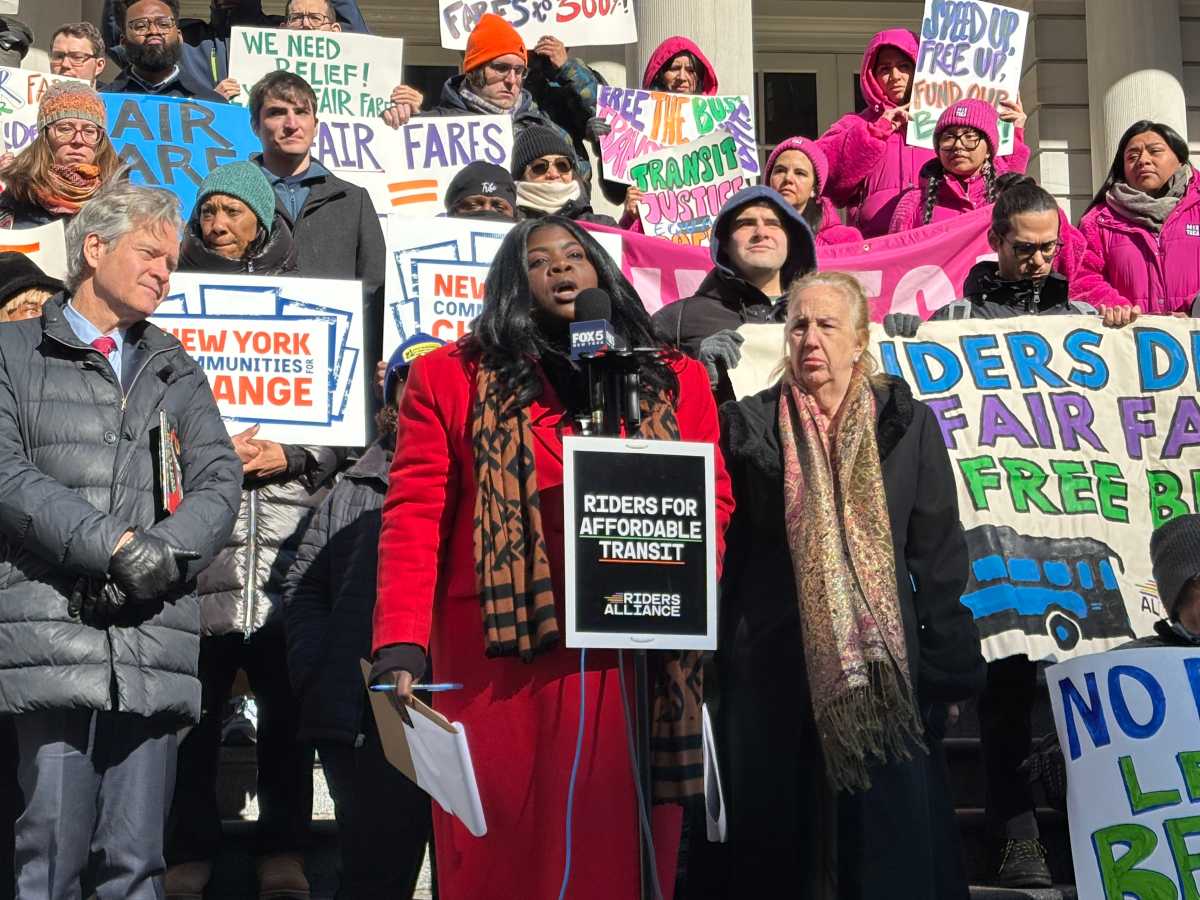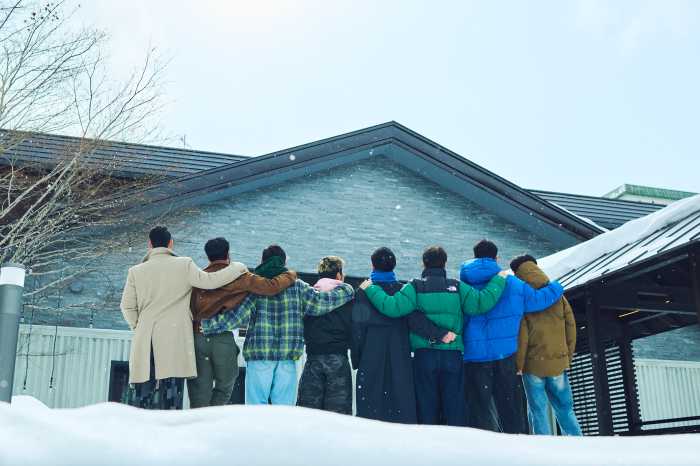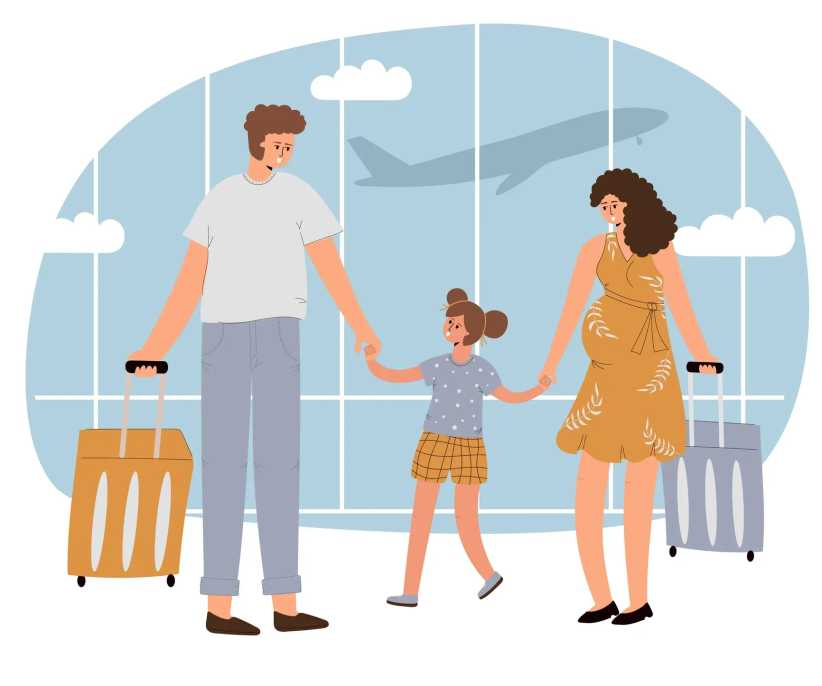BY ANGELA MATUA
Weeks before summer’s official arrival, Assemblyman Phil Goldfeder called on the city Department of Health and Mental Hygiene (DOHMH) to launch a preemptive strike on mosquitoes in southern Queens that may potentially carry the deadly West Nile virus.
Goldfeder said the area — including Howard Beach, Hamilton Beach and the Rockaways — is particularly susceptible because of the increase in “zombie properties” following Hurricane Sandy in 2012. These abandoned locations, according to Goldfeder, are ideal breeding grounds for mosquitoes.
Last year, Goldfeder put forth a three-point plan to eliminate these zombie homes, including a push to ease the foreclosure process and a call to create a registry for vacant properties that could be monitored by the city. He has also worked with city agencies to encourage mosquito spraying and rodent baiting at the blighted properties.
“Families in southern Queens and Rockaway are at increased risk from the dangers of West Nile virus,” Goldfeder said. “The higher rate of abandoned properties and construction projects throughout the community following Sandy has only increased our potential for mosquito breeding. That’s why I’m calling on the city to take action and protect the health and well-being of our families as we head into summer.”
Roger Gendron, president of the Hamilton Beach Civic Association, said residents must also take precautions to protect themselves and others from mosquito bites.
“The best way to prevent West Nile virus is to protect yourself from mosquito bites,” Gendron said. “Homeowners are asked to do their part throughout the mosquito season by eliminating any standing water. Who then is responsible for the homes that have been left abandoned and untouched since Superstorm Sandy? This is an important issue that needs to be addressed by the city.”
Goldfeder sent a letter to DOHMH Commissioner Mary Bassett and urged her to work with the Department of Environmental Protection to locate and clean out clogged catch basins. He also called for action by the Sanitation Department in enforcing lot cleanings.
A representative for the DOHMH said the department uses preventative measures to reduce mosquito populations and the threat of West Nile. These measures include applying larvicide in every New York City storm sewage catch basin this month. Larvicide is also applied by helicopter three times during mosquito season to wet, marshy areas that are known to be breeding areas.
“We conduct weekly surveillance for West Nile virus activity throughout the city, and adulticide will be applied to carefully delineated areas only if the threat to humans is imminent in those areas, based upon location, species, persistence, and levels of WNV activity in mosquitoes, and findings of WNV in humans or possibly in other animals,” the representative said. “Spraying adulticide in populated areas before we have any evidence of WNV activity is neither appropriate, nor will it help protect public health.”
The representative also encouraged residents to report standing water on private property by calling 311 or visiting the DOHMH website.
Last summer, four people and 200 mosquito pools in Queens tested positive for the virus, according to DOHMH. West Nile activity was reported several times in Howard Beach, Hamilton Beach, Lindenwood and the Rockaways.
RECOMMENDED STORIES
- Abandoned home in Howard Beach cleaned up
- Howard Beach boardwalk needs handicapped accessible ramp, additional lighting
- Frank Charles Park repairs a home run for Howard Beach community






























